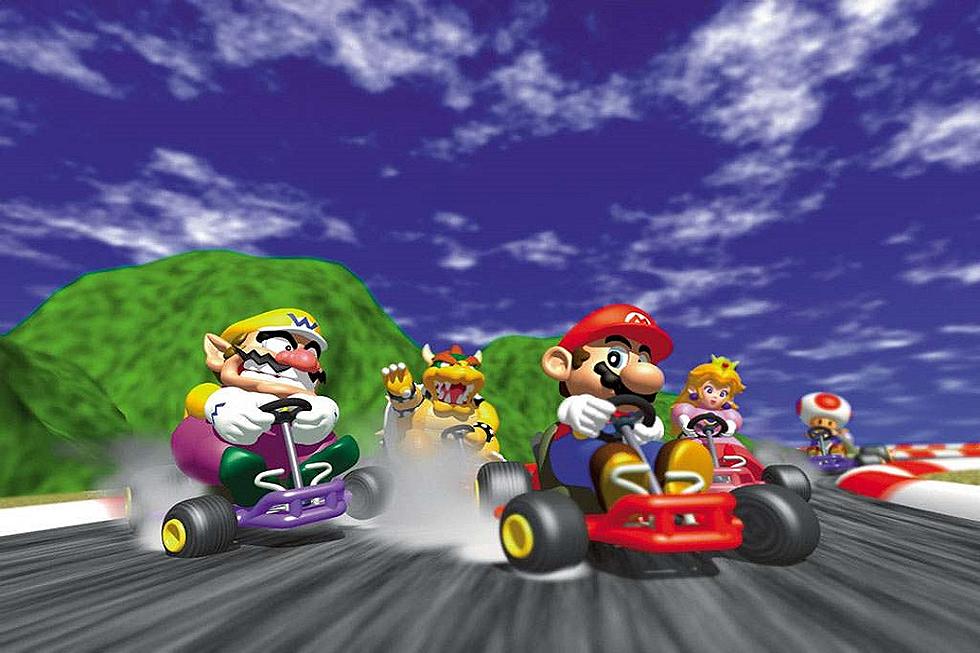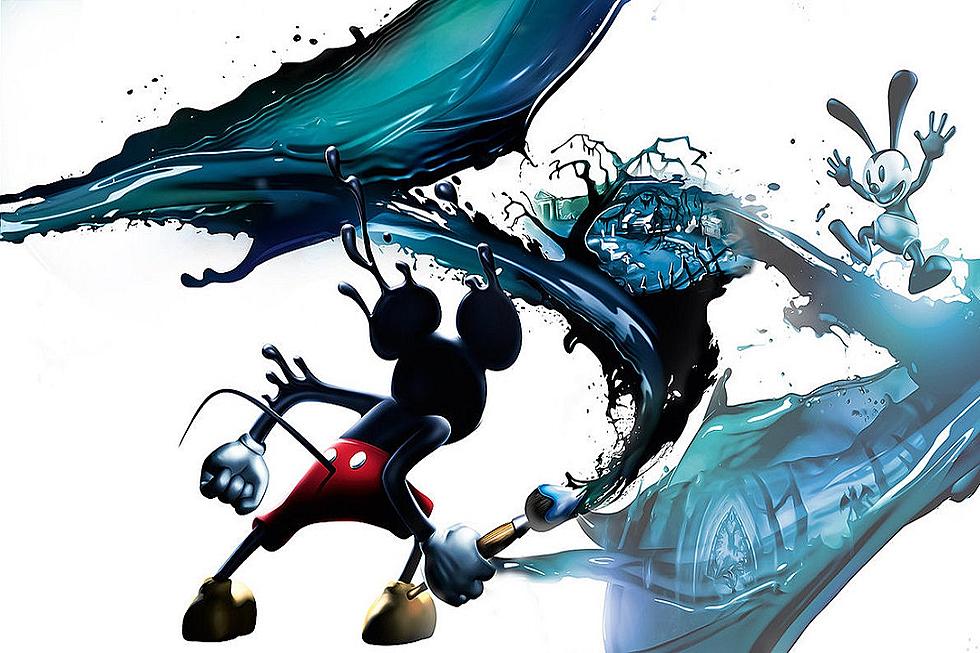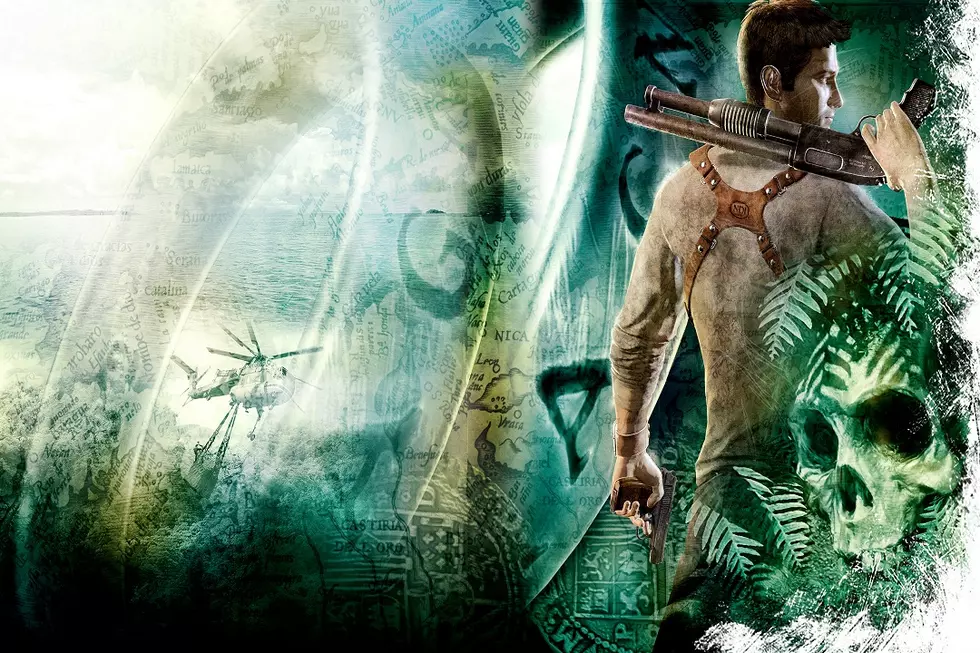
How Activision Tried to Mix it Up With DJ Hero
Sometimes too little, too late is a thing in the gaming industry. As saturation hits a particular genre, interests ebb and flow, yet developers still have to find way to stay ahead of trends if they want to continue to operate and make ends meet. Take the music and rhythm game industry of the late 2000s for instance. By 2009, Activision and Electronic Arts were in full competition with each other via the Guitar Hero and Rock Band franchises respectively. The market filled with games trying to grab their piece of the pie year after year. So when Activision attempted to break the mold with a new type of rhythm game featuring music mixology, it came to an audience suffering from buyer’s fatigue. Regardless, it was today that DJ Hero hit shelves, bringing a stylish soundtrack and interesting new control format to the music game marketplace.
When the trademark was filed in 2008 for DJ Hero, there was speculation that Activision was trying to do something in the vein of Konami’s Beatmania series of DJ games. More specifically, Activision was trying to appeal to an audience beyond the rock and metal scene that Guitar Hero was somewhat limited to. In commissioning FreeStyleGames to make DJ Hero, Activision planned to approach a DJ format that meant that they could go with a broader soundtrack still including rock both new and old, but also involving more contemporary styles. With this new style in mind, the main goal was to fill the game with a little something for all musical tastes.
DJ Hero’s new take on the Hero formula featured a turntable controller to play the game. It featured a moveable turntable, streamer buttons, an effects dial, and a crossfader as well as a button for the “Star Power” mechanic featured in all Hero games. Moreover, the whole set-up could be detached and switched around for right-handed or left-handed players. In each of the levels, players work with two songs in a mix. Players use the streamer buttons to play notes while constantly adjusting the dominance of each song’s volume in addition to using different effects to alter the music as it flows. Hitting the notes as they appear, switching between songs, and properly managing effects built a score for the player based on how well they followed the on-screen mixing.
Ultimately, Activision gained the licensing rights for over 100 master tracks to be used in the final soundtrack for DJ Hero. These were reworked into 93 separate mixes offered by professional DJs and FreeStyleGames’ own remix team. However, as the game went further into development, celebrity DJs started taking notice and Activision sought to bring them in to help with the game. Notable artists like DJ Shadow, DJ Z-Trip, DJ AM, Daft Punk, Jay-Z, and Eminem got involved in the project, either helping create the set-ups for their own tracks or serving as consultants to help fine-tune the mixing effects during the game’s final stage of development. Though DJ AM was a significant contributor to the overall development of the game, his death came in 2009 before the game’s release, putting a damper on progress. It didn’t significantly hinder the game, but FreeStyle and Activision would commemorate DJ AM for his help and contribution in the final product.
DJ Hero was beloved and praised by critics for its break away from the Guitar Hero franchise and generally the style of guitar play associated with the music games of the time. That said, despite praise, DJ Hero didn’t do nearly as well as it was expected to. Low sales were attributed to audiences being less familiar with the soundtrack, the high cost of the game and the waning interest in music gaming. It would take over a year of slow sales before Activision considered the game to be a financial success. Even still, DJ Hero was something to be commended for its intuitive take on a style of musical performance outside the norm.
More From Arcade Sushi









